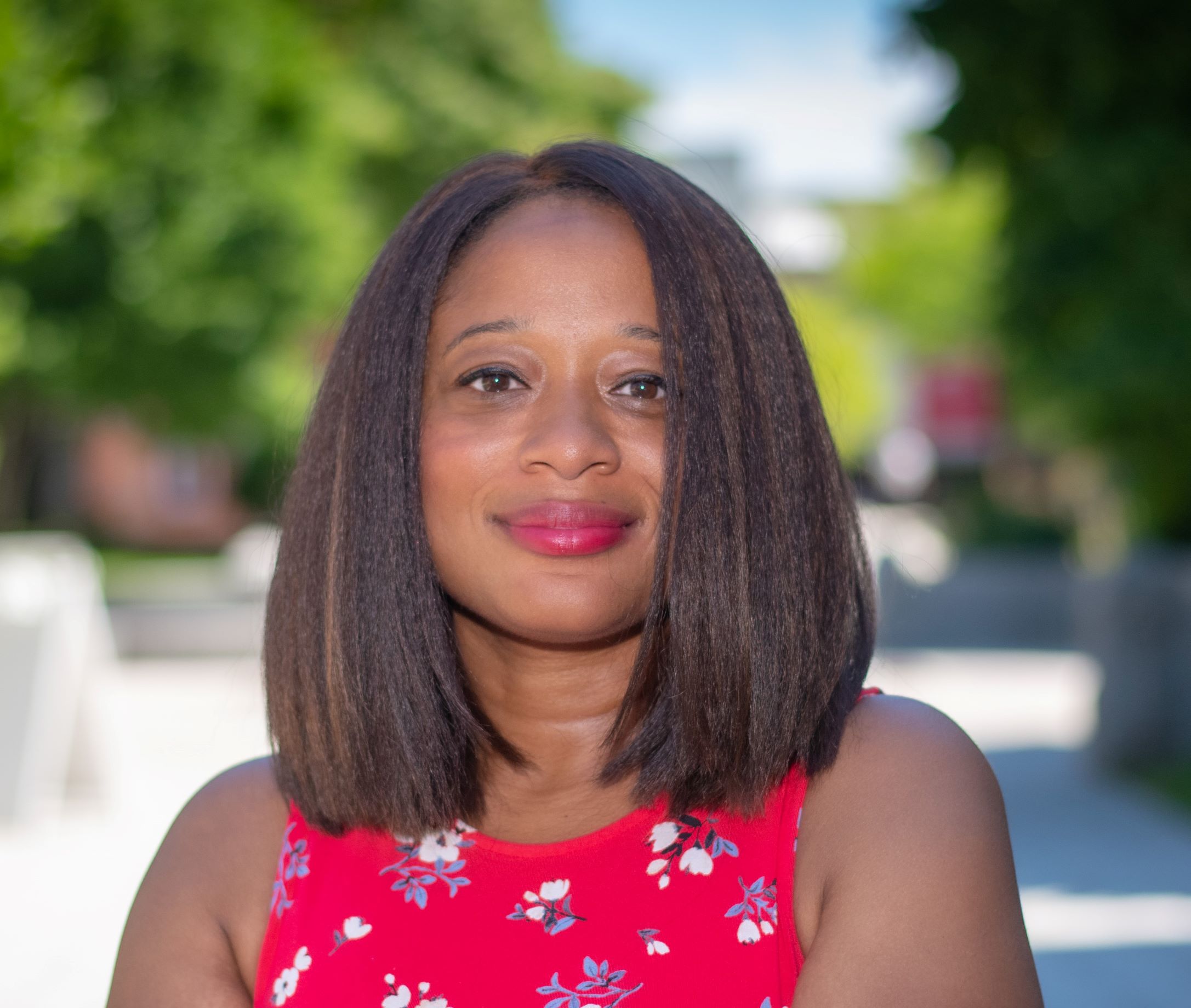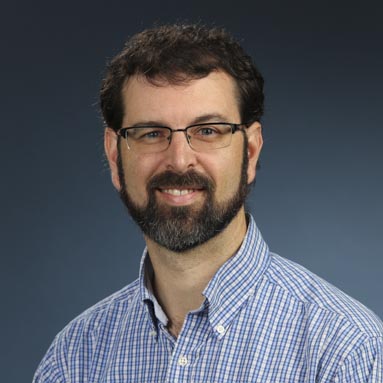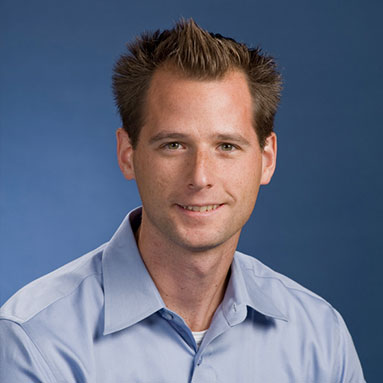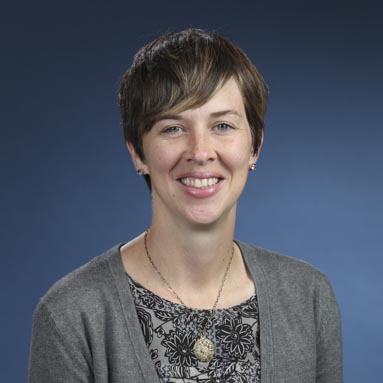Technology Policy and Sustainability
Our program in Technology, Policy, and Sustainability offers several degrees and concentrations that enable students to investigate and design solutions for the social, economic, environmental, and technical grand challenges of our time. Students study with our renowned faculty to develop the interdisciplinary skills needed to create, discover, and communicate at the frontiers of inquiry for positive social change.
Our Program and its Offer
The Technology, Policy, and Sustainability Program trains students to investigate and design solutions for the social, economic, environmental, and technical grand challenges of our time. We confront these challenges from multiple perspectives and through examining alternative conceptual and methodological approaches.
Students will work alongside faculty, as well as independently, to advance knowledge of these challenges and develop just and sustainable solutions to them. Our areas of expertise, which are postured globally, are: design for social justice, policy evaluation, the economics of inequality, the environment, sustainability, and systems thinking.
Working as social scientists at a STEM-focused university we work with faculty and students from across campus to examine the challenges to and solutions for sustainable development: We work with our partners:
- in physics understand the social and environmental implications of a new generation of solar panels;
- in engineering colleagues to define problems and solutions that will have a positive impact on the communities where we work;
- in communities to develop solutions for improved health and well-being by designing solutions that draw upon the skills and materials found in those communities;
- in government and NGOs to develop procedures and policies that sustain positive interventions so that they work for the people they were designed to help.
Our combination of disciplines and our collaborations across campus—and the world—makes us uniquely placed to inform and shape responses to the grand challenges facing society, from our local communities to those far away. Our particular strengths lie in areas of: urban sustainability and planning; critical race studies; environmental and climate justice; global development; economics; system dynamics; cross-cultural design for technology and innovation; and policy and evaluation.
Our team actively works towards and promotes a culture of inclusion, equality, and integrity. Living deliberately by these values and bringing them into our classrooms, our research projects, and our collaborations, supports our belief that science, technology, and innovation are crucial to our society's existence, but these interventions alone cannot bring about a just society. The social systems, political institutions, and policies must be constantly examined and refined to support the diverse and sometimes competing ends.
As a student in our program, you will see your work as natural scientists, engineers, social scientists, and humanists in exciting new ways that will help develop marketable professional skills as well as your creativity and cultivate your innovative capacity across the necessary domains to make the world a better place.
Degrees Offered
Under our Program, we offer three degrees: Environmental & Sustainability Studies; Policy Studies; and Economics. The Policy Studies Degree has four options for concentration.

TPS Bachelor’s/Master’s Program: Ambitious undergraduate students majoring in TPS can also earn their Master's in Science & Technology for Innovation in Global Development (MS) or Community Climate Adaptation through WPI's 5-year Bachelor’s/Master’s program.
TPS Minors: See SSPS Undergraduate Degrees for more information about TSP-related minors, such as Global Public Health and Economics.
TPS Degrees at a Glance

Economics
Students working toward their degree in economics complete traditional coursework in micro- and macroeconomics, theory, and applied topics, such as development economics, environmental economics, and information economics and policy.

Environmental & Sustainability Studies (BA)
The need for sustainable solutions and drastic policy change has never been greater as human action continues to cause dire environmental consequences worldwide. Through the Environmental & Sustainability Studies specialization, students will develop solutions to society’s most pressing challenges by engaging in transformative project-based work, such as the implementation of water sanitation systems, sustainable planning, or the management of biodiversity.

Policy Studies (BS)
Policy development and change are crucial channels for addressing complex social problems, but how can we ensure that policy interventions lead to meaningful and sustainable outcomes? The Policy Studies degree will allow students to understand the technology-science-policy interface through mixed methods to evaluate social problems and potential policy interventions for challenges related to technology, environment, science, migration, climate change, environmental justice and more.

Economics
Students working toward their degree in economics complete traditional coursework in micro- and macroeconomics, theory, and applied topics, such as development economics, environmental economics, and information economics and policy.

Environmental & Sustainability Studies (BA)
The need for sustainable solutions and drastic policy change has never been greater as human action continues to cause dire environmental consequences worldwide. Through the Environmental & Sustainability Studies specialization, students will develop solutions to society’s most pressing challenges by engaging in transformative project-based work, such as the implementation of water sanitation systems, sustainable planning, or the management of biodiversity.

Policy Studies (BS)
Policy development and change are crucial channels for addressing complex social problems, but how can we ensure that policy interventions lead to meaningful and sustainable outcomes? The Policy Studies degree will allow students to understand the technology-science-policy interface through mixed methods to evaluate social problems and potential policy interventions for challenges related to technology, environment, science, migration, climate change, environmental justice and more.

Economics
Students working toward their degree in economics complete traditional coursework in micro- and macroeconomics, theory, and applied topics, such as development economics, environmental economics, and information economics and policy.
TPS Resources
Tracking Sheets
Any questions? Reach out to our TPS faculty!

Email: mjradz@wpi.edu
Phone: +1 (508) 8315000 x5767
Professor Radzicki is an economist and simulation scientist who directs WPI’s Complex Systems Laboratory as well as the university’s Program in Technology, Policy, and Sustainability. He has developed techniques for applying system dynamics computer simulation modeling to problems in complex socioeconomic systems, and created teachable and repeatable methods for turning these models into user-friendly games or “flight simulators” that can be used by those who did not participate in the creation of the models to understand and control their dynamics.System dynamics is an approach to social ...
view profile
Email: pagupusi@wpi.edu
Phone: +1 (508) 8315000 x6225
Patricia C. Agupusi (Ph.D.) is an Assistant Professor of Social Science at the School of Social Science and Policy Studies at Worcester Polytechnic Institute (WPI), Massachusetts, US. Her research interests include state capacity, political violence, and the political economy of development and inequality. Patricia is currently working on her second book – tentatively titled “State Capture and the Politics of the ‘Two Economies’ Debate in South Africa 25 Years After.” She also conducts fieldwork on the rise of domestic terrorism/insurgencies, and China/African relations. Patricia has ...
view profile
Email: cbrown2@wpi.edu
Phone: +1 (508) 8315000 x5163
Dr. Crystal Brown earned her Ph.D. in Political Science from the University of Oregon in Comparative Politics, International Relations, and Public Administration. She also has a Master of Public Administration (MPA) from Pennsylvania State University and a certificate in Data Analytics from Harvard University.She is an internationally focused scholar who examines the inclusivity of marginalized groups such as immigrants, people of color, Black people, women, and others. As a computational social scientist, she uses mixed methods, combining statistical approaches with qualitative techniques to ...
view profile
Email: lelgert@wpi.edu
Phone: +1 (508) 8315000 x5452
I joined WPI in 2011 as a scholar and teacher with training in public health, environmental policy, and international development studies. My research and teaching interests focused on the environment-development nexus, where tensions between sustainability and livelihoods often lead to contentious policy debates. My work on soy production and land inequality, expert roundtables and certification, and sustainability rating systems for cities, advanced ideas around how global discourses about sustainable agriculture and sustainability indicators take shape, are mobilized, and have influence at ...
view profileEmail: aismael@wpi.edu
Phone: +1 (508) 8315000 x6234

Email: krueger@wpi.edu
Phone: +1 (508) 8315000 x5110
Robert Krueger is a human geographer whose scholarship and teaching focus on creating sustainable, socially just, improvements to development projects in the global north and south. His work has taken him around the world. He has worked in countries in North America, Europe, Asia, and Africa, on issues of economic development and institutional change. His scholarship and teaching challenge conventional notions of economic development, economy-environment relationships, and social change. In his book, Adventures in Sustainable Urbanism (2019, SUNY Press, Krueger, Freytag and Mössner (eds)), ...
view profileEmail: opavlov@wpi.edu
Phone: +1 (508) 8315000 x5234
Professor Pavlov earned a BS degree in Physics/Computer Science and a PhD in Economics from University of Southern California and an MBA from Cornell University. He has taught at WPI since 2002. He has been to many universities in the US, Russia and Western Europe, but he thinks WPI is like no other university. The project-based approach at WPI allows him to involve students in research projects. He values the opportunity to include students in his research through IQPs and MQPs. Professor Pavlov’s expertise is in multi-sector analysis that accounts for feedback and resistance to change ...
view profile
Email: drosbach@wpi.edu
Phone: +1 (508) 8315000 x5826
The overarching goal of my teaching and research is to contribute to an interdisciplinary understanding of environmental governance and policy. More specifically, I focus on the building of individual, organizational and institutional capacities to participate in collaborative efforts to address complex social and environmental sustainability problems through the application of science and technology.My academic and professional background includes experience in molecular biology, microbial ecology, wildlife biology, sustainable forestry and most recently environmental policy and ...
view profile
Email: saeed@wpi.edu
Phone: +1 (508) 8315000 x5563
Khalid Saeed is widely recognized for his work on the interface of economics and system dynamics. He has published two books and numerous articles on a variety of methodological, developmental and management agendas including sustainable agriculture, poverty alleviation, political instability, supply chain management and system dynamics modeling. His current focus is on operationalization of economic policy so it can be implemented through available managerial roles. Professor Saeed served as the head of social Science and Policy Studies department from 1997-2007. He previously taught at ...
view profile
Email: adksmith@wpi.edu
Phone: +1 (508) 8315000 x6543
Alexander Smith’s research focuses on altruism, trust, cooperation and honesty. In particular, he is interested in learning how behavior relates to beliefs about the actions of others and how psychology can be used for promoting pro-social behavior. These areas of research provide a better understanding of the factors underlying real-world pro-social behaviors such as volunteering and charitable giving. In essence, they provide insight into how to make the world a better place. Smith is passionate about economics and enjoys teaching because it allows him to share his passion with others. He ...
view profileEmail: msagna@wpi.edu
Phone: +1 (508) 8315000 x6537
Mahamadou Lamine Sagna has a PhD in Sociology, a degree in Business (financial management) and Ethnopsychiatry. He is the inaugural director of WPI's Africana Studies program, and is an associate researcher at the Laboratory for Social and Political Change (LSCP) at the University of Paris-Diderot. He conducts research on social networks, globalization, money, symbolism of exchanges, poverty and exclusion, and the use of technology and science by economically disadvantaged populations. In parallel to his experiences in the USA and France, he gives courses and conferences internationally ...
view profileEmail: gbsomasse@wpi.edu
Phone: +1 (508) 8315000 x5417
Dr. Gbetonmasse Somasse is an economist and applied econometrician with field experience as a development practitioner. He is an Associate Professor of Teaching in the Department of Social Science and Policy Studies. Prior to joining WPI, he was an instructor at Clark University. He also served as senior economist statistician at the Central Bank of West African States and a consultant for the UN Economic Commission for Africa and the United Nations Development Program.His research is mostly policy-oriented and focuses on how economic theory and empirical ...
view profile
Email: eastoddard@wpi.edu
Phone: +1 (508) 8315000 x4871
Prof Stoddard is a human-environment geographer who is interested in the intersection of nature, society, and justice, particularly in the context of climate change. She looks at the ways in which we can design for climate resilience, in terms of infrastructure, location specific practices, and through community resilience. Stoddard also looks at the vulnerability and resilience of food systems to disasters (climate, disease outbreaks, etc.), and the impacts for humans, animals, and ecosystems. She looks at the ways in which technology, policies, and social movements ...
view profile